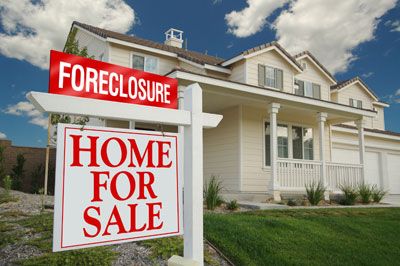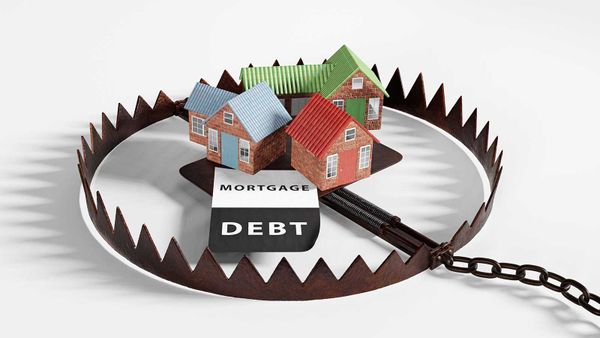While the name might imply that a short sale is a quick transaction, it can be anything but. The "short" part of a short sale refers to the bank taking a loss on the property, since the selling price is short of the amount that the seller owes. Short sales differ from foreclosures. The impact on your credit is a bit different with a short sale, and while both can cause a significant dip in your credit score, most short sellers recover in just a couple of years, while a foreclosure sticks with you for up to 10 years.
Basically, a short sale results from an agreement between the bank and the homeowner as a way to help the owner avoid foreclosure. Instead of losing the house to the bank, the owner sells the house at a loss. The real trick with short sales is that you have to get the bank to agree to the new, lower price since they'll be taking the hit for the difference.
Advertisement
In a short sale situation, the bank is basically agreeing to let the homeowner pay off less than the total amount borrowed. Say you took out a loan for $200,000, and now your house is worth $115,000. At the end of the short sale, the bank ideally agrees to let you pay $115,000 for that loan and eat the difference. Part of what makes this process take so long is that the bank doesn't tell you how much it wants for the property. Instead, they look at the offer from the buyer and decide whether to accept or reject. Waiting to hear back from the bank is the first of the delays in the short sale process.
If the bank accepts the offer, things can start moving along pretty quickly, but if they reject it, you're back to the drawing board. You don't need the bank's permission to seek a buyer that's interested in a short sale arrangement, but you do need the bank to approve you for the short sale before it can move forward.
Advertisement



